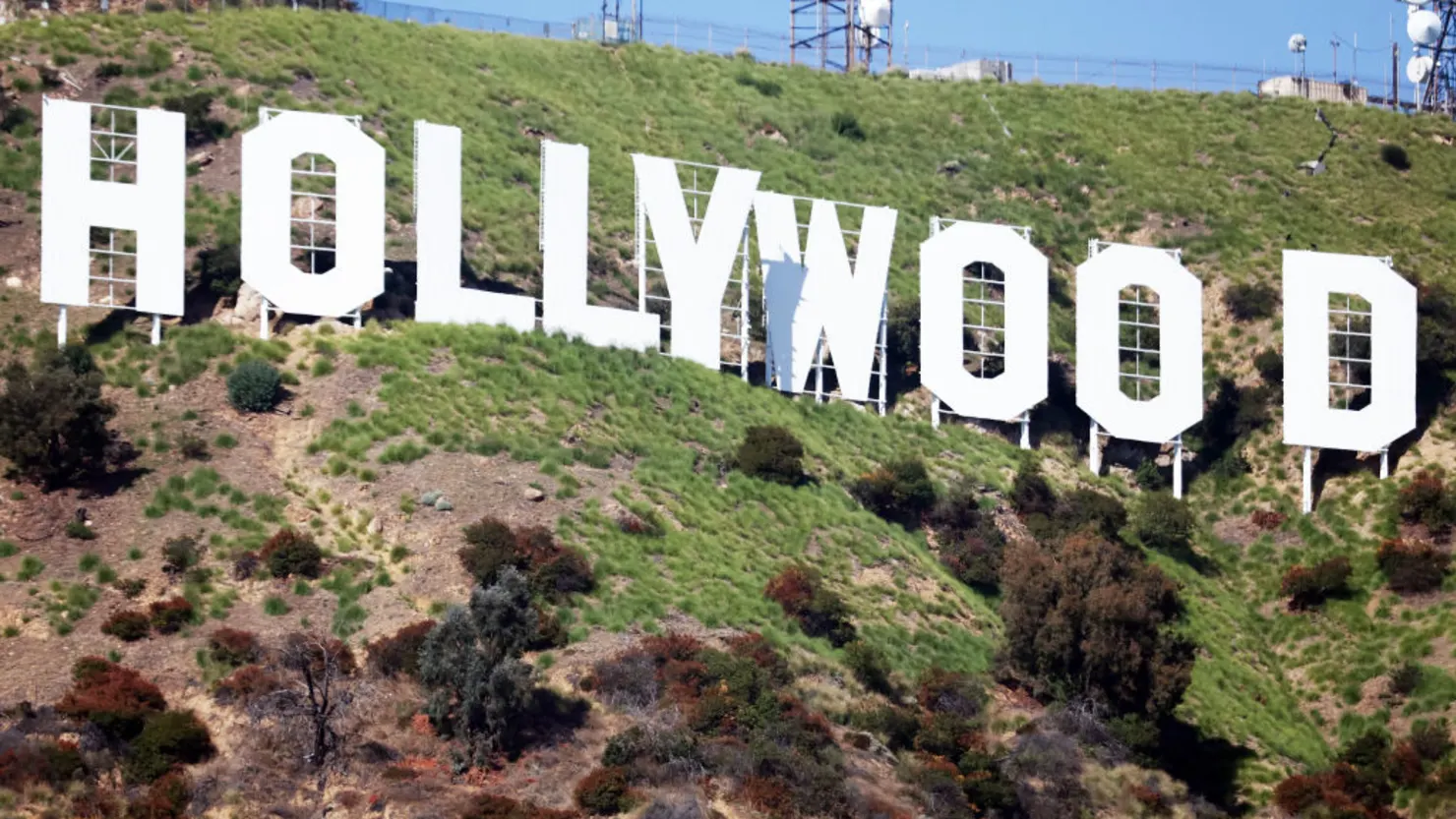Hollywood investors were left reeling Monday after former President Donald Trump proposed a 100% tariff on films made overseas and imported into the United States. Stocks of major studios and streaming platforms briefly dipped in early trading before recovering later in the day. At their lowest, Netflix dropped by as much as 4%, Warner Bros. Discovery by 5%, Disney by 3%, Paramount by 2%, and Comcast, the parent of Universal, slipped by about 1%.
Trump’s announcement, made via a post on Truth Social, labeled the tax incentives offered by foreign governments as a “national security threat” and declared that the Department of Commerce would be authorized to levy tariffs on foreign-produced films. However, the details of implementation remain vague, and it’s unclear who would ultimately bear the cost — the studios, distributors, or consumers.
International film production has long been a strategic choice for studios, offering both cost efficiencies and access to global scenery. Today, many major studios maintain production facilities abroad and regularly shoot scenes across multiple countries. While some portions of filming can move to the U.S., certain creative and financial considerations make full repatriation impractical.
Industry analysts warn that such a tariff would impose significant challenges. According to one estimate, around 75% of Netflix’s content is produced outside the U.S., much of it in local languages and often by third-party production companies. These projects are commonly filmed in Canada, the U.K., and across Europe. For streaming services, which rely heavily on international content and global talent pools, the policy could create logistical hurdles and increase costs.
Enforcing a tariff on intellectual property poses its own difficulties. While tariffs on physical goods are straightforward, film and television content is generally delivered digitally, which complicates classification for trade duties. The nature of digital distribution makes it difficult to identify or tax international elements in finished content.
Unanswered questions remain regarding the scope of the tariff — whether it will apply to television shows, what stage of production will trigger the levy, and whether existing projects are exempt. Industry insiders also fear retaliatory trade measures from other countries, especially as international box office revenue remains crucial for recouping blockbuster budgets. With China already restricting Hollywood releases, further strain on global market access could seriously impact future profitability for American studios.
READ MORE:
